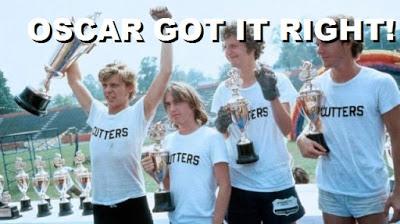David and Lisa
Lawrence of Arabia
Lolita
The Miracle Worker
To Kill a Mockingbird (winner)
What’s Missing
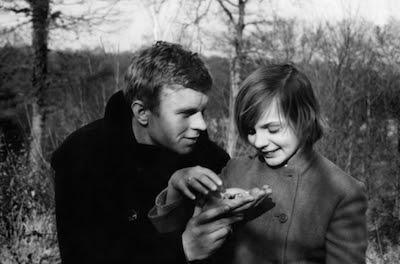
1962 was one of those years where I think I can make a couple of lists of five nominations with repeating and without touching the actual nominations. It’s a packed year, which means there’s plenty of room for improvement. I’ll toss out The Man Who Shot Liberty Valance first, since I’m not entirely sure if it’s eligible—it’s based on a story that may or may not have been previously published. Lesser options (in my opinion) include The Birdman of Alcatraz, Sweet Bird of Youth, Long Day’s Journey into Night, Mutiny on the Bounty, and The L-Shaped Room. Oscar’s genre issues made nominations for Cape Fear less likely. What Ever Happened to Baby Jane? managed five other nominations, but missed out here for some reason. The Longest Day would have been a very interesting choice for this award. The Manchurian Candidate was perhaps too edgy for the time to earn a nomination here despite nominations in two other categories. Of all the misses, I think The Music Man not being here surprises me the most based on Oscar’s tastes. For me, the biggest miss is Sundays and Cybele.
Weeding through the Nominees
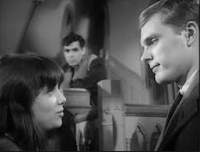
5. Everything that works in David and Lisa, at least for me, comes from the performances in the film and despite the screenplay. I had a lot of problems with this story, not the least of which being that anyone finding the childish and development-arrested Lisa sexually attractive is a pedophile, at least in spirit. The performances struggle to overcome this very central issue with the story. It might well be a great adaptation of the original story, but I don’t really care because of how nasty it is.

4. And we go from spiritual pedophilia to actual ephebophilia with Lolita. Again, this may well be a very good adaptation of the original story, but what an ugly story it is. It’s the kind of thing that requires a shower after viewing. Is it actually worse in that respect than David and Lisa? It might be, but the production values are higher, the cast is better, and the direction is hard to argue against. I realize that has little to do with the screenplay in question, but it’s also difficult to not have that cloud one’s judgment in some respects.
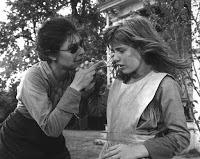
3. The best thing that I can say for The Miracle Worker being in third place is that it’s several quantum levels up from the previous two positions. It’s the first of these where I at least understand the nomination even if I wouldn’t go there myself. It’s a smart screenplay and one that is still effective and affecting. For this category and year, though, it’s very much on its own. Just as it is several quantum levels above the previous two, it is several quantum levels below the ones I’m putting in first and second.
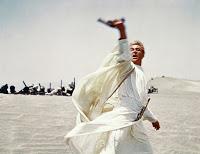
2. Lawrence of Arabia is one of my favorite Best Picture winners, so it might be a little bit of a shock that I’m not putting it in first. The reality, though, is that a great deal of what makes Lawrence of Arabia work as well as it does comes from the performances and from Lean’s direction. Those long shots of open desert, those extended moments where nothing happens but a figure approaching make the landscape one of the characters. Maybe that’s in the screenplay, but I doubt it. The screenplay is damn good, but the movie is better.
My Choice
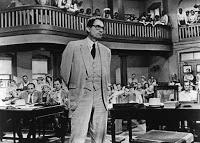
1. What this all means is that Oscar got this one right by giving it to To Kill a Mockingbird. This is the sort of film that would win everything it was nominated for had it come out one year later. The whole of Lawrence of Arabia is greater than the screenplay that starts it; To Kill a Mockingbird starts and ends with that screenplay. Sure, everything about it is great, but I would contend that virtually all of that is on the page in the first place. It was absolutely the right choice, and Oscar did this one correctly.
Final Analysis
